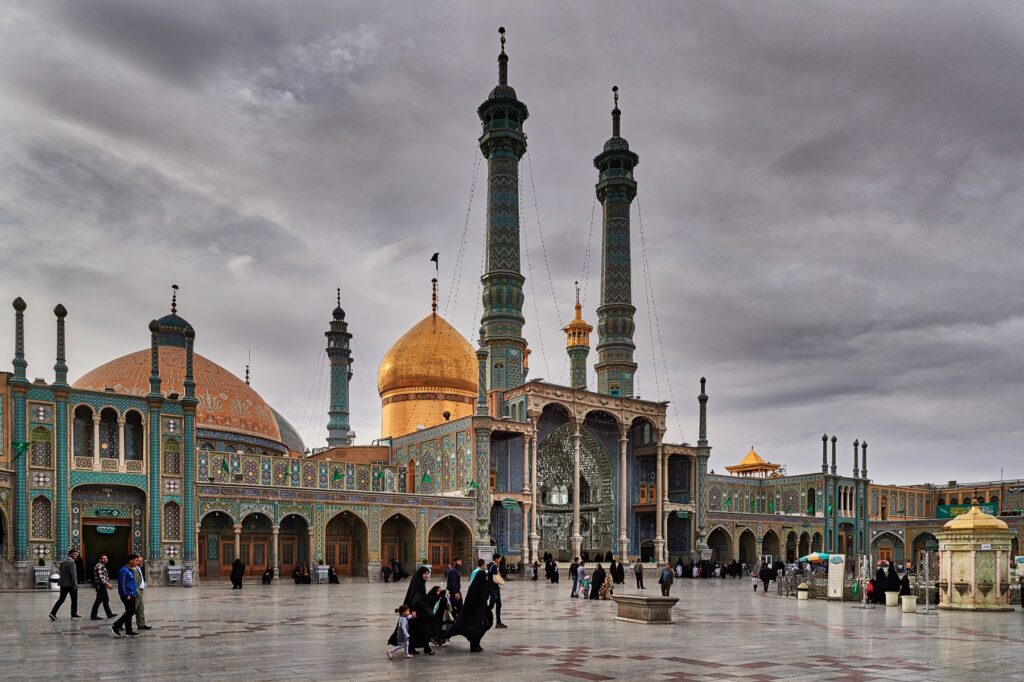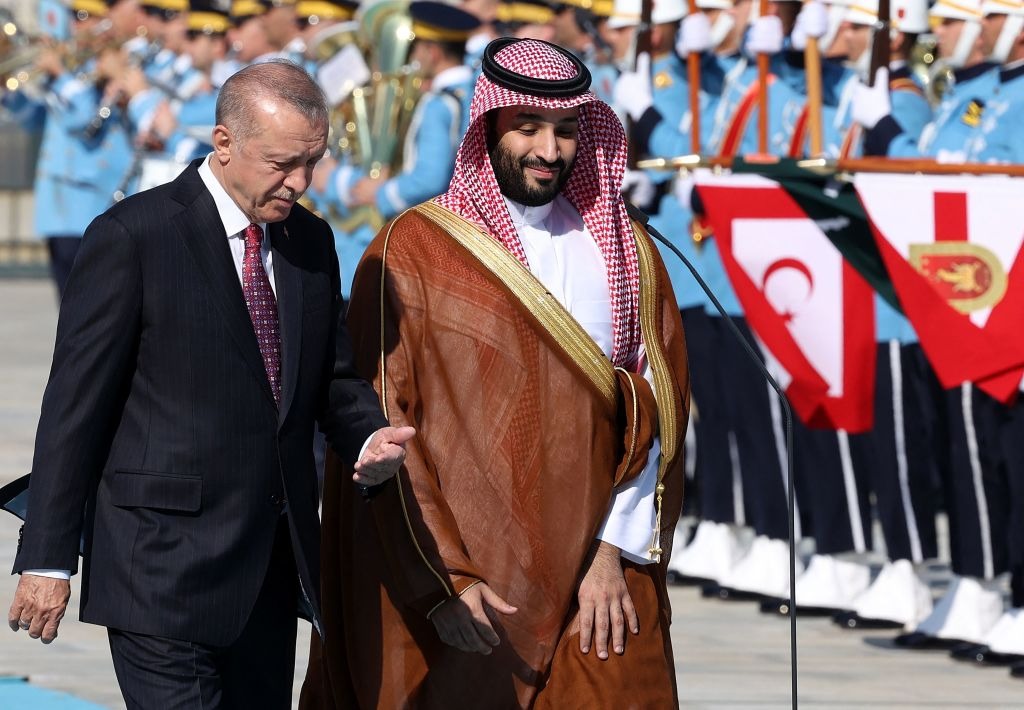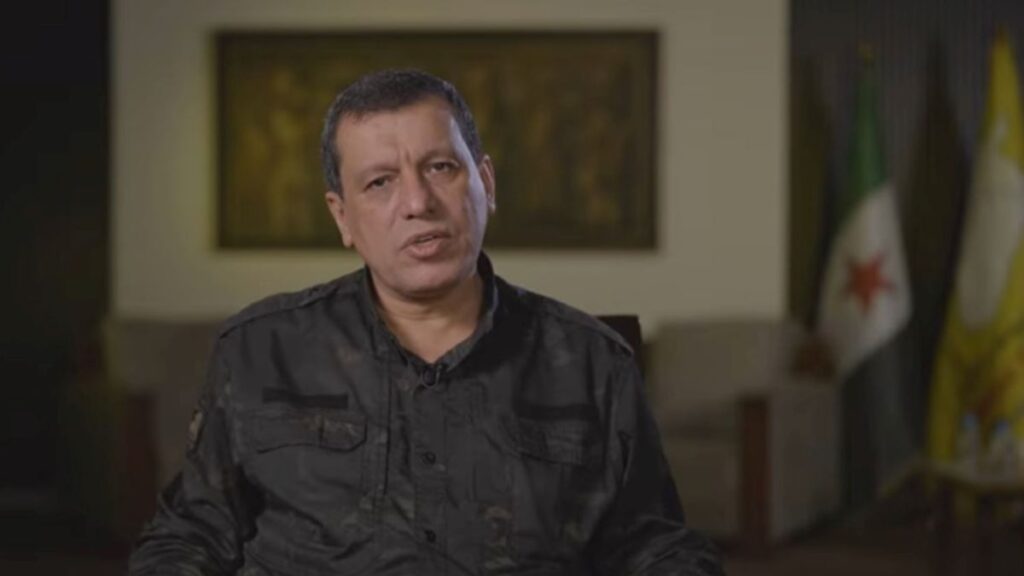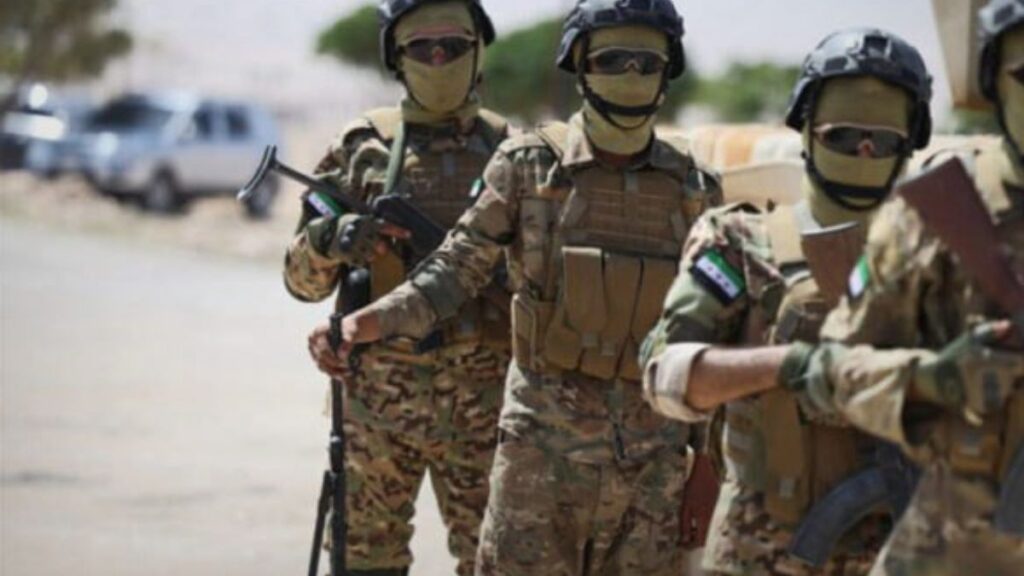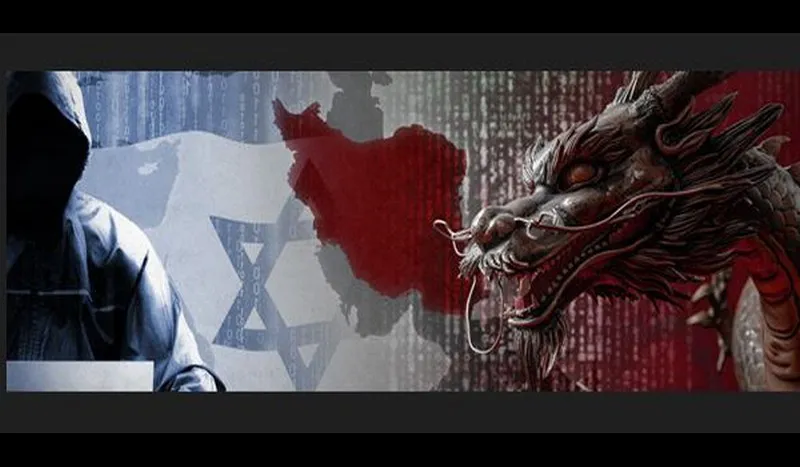The Muslim Brotherhood: Repository Of Foundational Documents – Part V: On The Qatar-Backed…
This report is part of MEMRI’s repository of contemporary and historical foundational documents of the Muslim Brotherhood (MB) movement.
The International Union of Muslim Scholars (IUMS), an arm of the Qatari regime for disseminating extremist Islamist, anti-Western and antisemitic ideology,[1] maintains close ties with the terrorist organization Hamas, in line with Qatar’s decades-long policy of supporting terrorist organizations around the world. Both the IUMS and Hamas are closely affiliated with the Muslim Brotherhood (MB), whose branches in Lebanon, Egypt, and Jordan were designated by the U.S. as terrorist on January 13, 2026, with a similar designation being considered by the E.U.[2]

